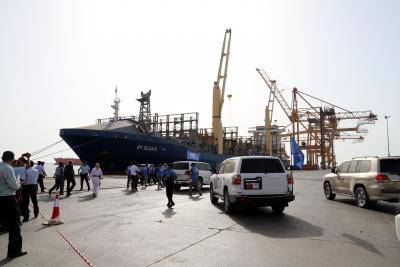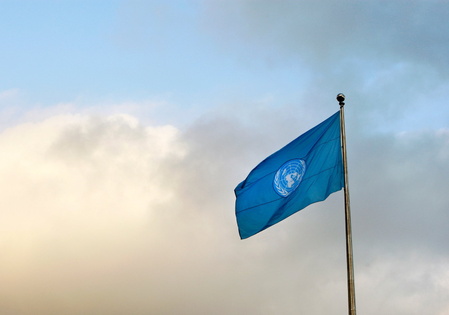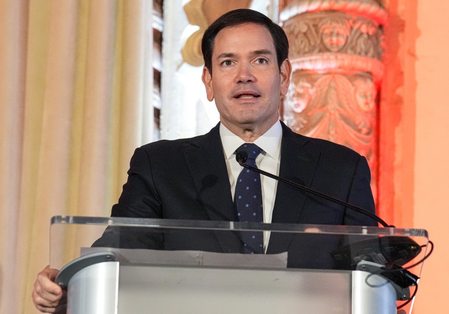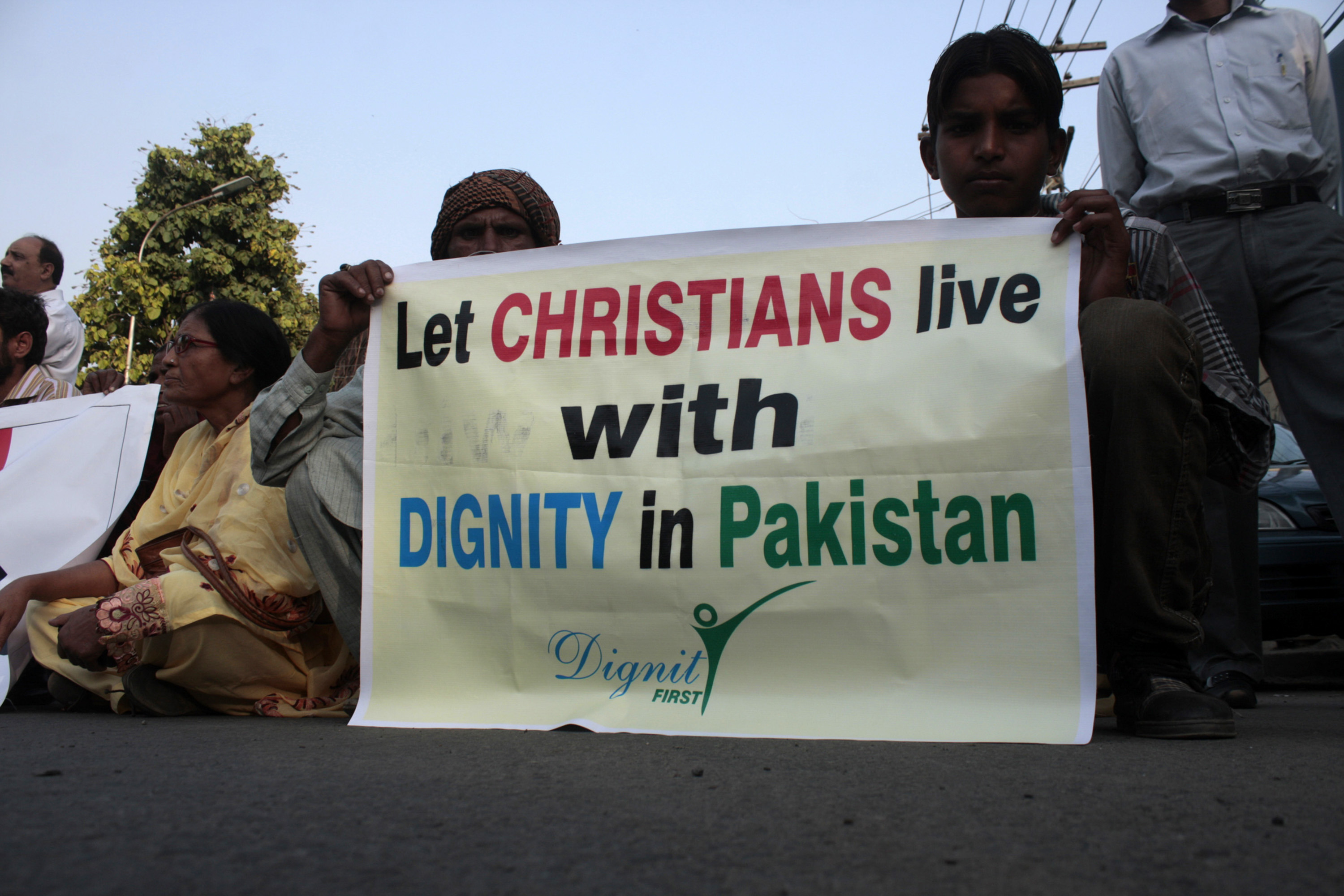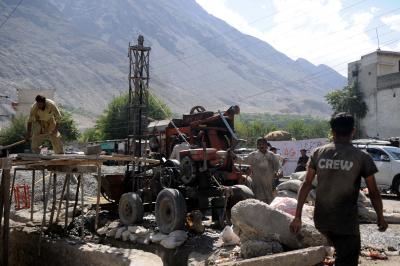
Islamabad, Sep 25 (IANS) Rejecting the government’s decision of conditional tax exemptions on imports coming through the Sost Dry Port, the traders in Pakistan-occupied Gilgit-Baltistan (PoGB) have decided to continue holding their sit-in, local media reported on Thursday.
Local traders in PoGB have been holding the sit-in and blocking the port since July. The protest began against the government’s taxation policies and suspension of customs clearance at the port, Pakistan’s leading daily Dawn reported. On Wednesday, the government expressed willingness for tax exemptions on imports coming through the port — in case the goods were being used for local consumption and would meet strict eligibility conditions. The total value of tax exemptions for an year was capped at Pakistani Rupees (PKR) 4 billion.
The government announced the decision following the talks between federal government, local government and business leaders in Islamabad. However, the trade delegation’s leader Javed Hussain, who has been leading the protest, said that they were not satisfied with government’s decision. “After the agreement and its announcement in Islamabad, it was suggested to us to end the protest. But we don’t agree with this [suggestion] and have decided to continue the sit-in and keep the trade suspended,” he said.
Hussain announced that traders would now hold a meeting with its representative body that engaged in talks with the government. He further said that traders would decision on whether they would continue the protest if the members were able to give satisfactory justification about the government’s decision.
Gilgit-Baltistan, a land of majestic mountains and proud people, has been suffering the brutality of Pakistani establishment for decades. Traders of Gilgit-Baltistan have blocked the local routes in desperation, demanding their voices be heard. But, they continue to face the wrath of the state machinery.
Pakistan’s rule in Gilgit-Baltistan rests not on legitimacy, but on force. The tragedy is not confined to one valley or one protest. It is written into the very fabric of Islamabad’s approach to Gilgit-Baltistan. From the moment Pakistan illegally occupied the region in 1947, it has ensured that the local residents remain voiceless and excluded from the constitutional framework of the country.
The region’s population remains burdened with high taxes, coercive laws, and authoritarian institutions. The original residents of Gilgit-Baltistan do not have any say in terms of how they should be governed. Their resources are being siphoned off, their lands exploited, and their young men subjected to military harassment.
–IANS
akl/as

